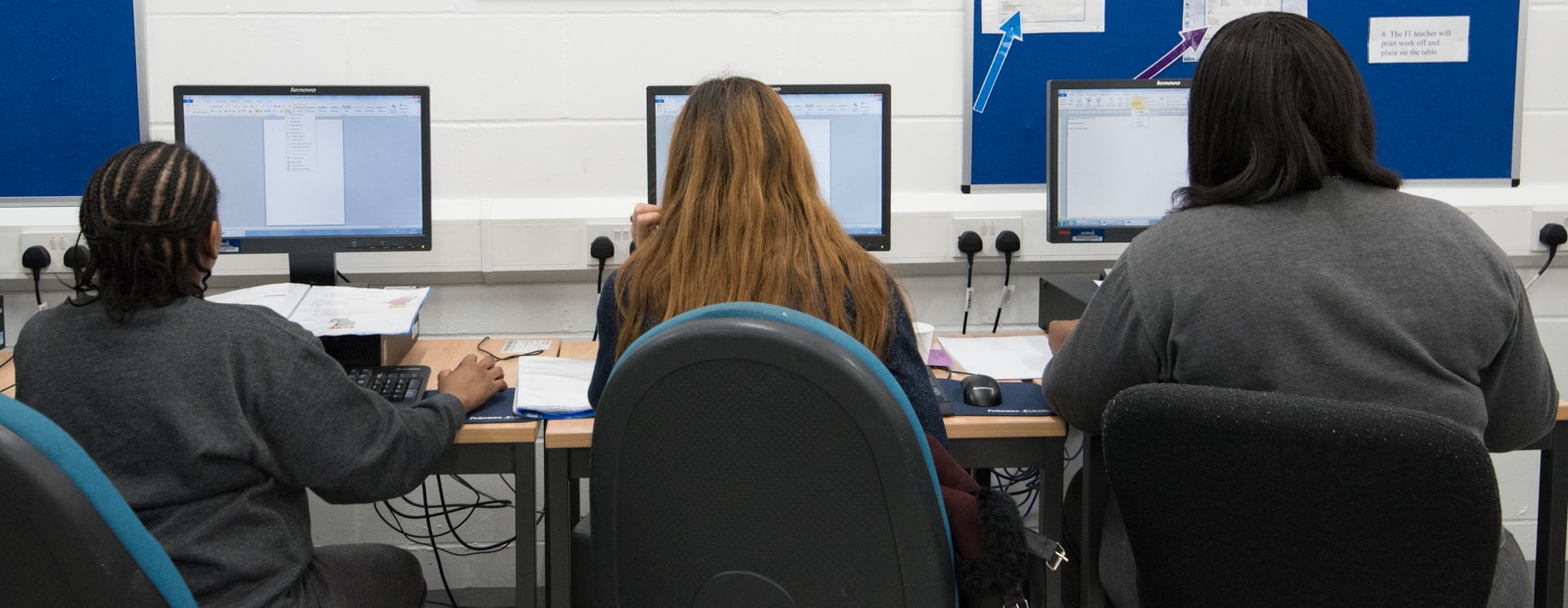
Earlier this month HM Inspectorate of Prisons published its inspection report on HMP/YOI Eastwood Park, a women’s prison in Gloucestershire. Some of the findings were shocking, with the conditions in one houseblock described by one experienced inspector as the worst he had ever seen.
A theme running throughout the report and many of the failings that it exposed was the impact that staffing shortages are having on the ability of prisons to provide a safe and purposeful regime – the prison routine which determines when you will be unlocked for work, association, meals and access to other services.
The accompanying press release reinforced this point, noting that “staff shortages were severely impacting the delivery of the day-to-day regime, and women were often unable to attend education, skills and work activities because of the lack of staff to get them there”.
Justice Select Committee inquiry
The shortage of staff, and the impact this has on regimes, is an issue plaguing the prison estate at the moment, with nearly every inspection report expressing similar concerns.
This issue is also currently the focus of a Justice Select Committee inquiry on the prison operational workforce, which is looking at the causes of staff shortages and high levels of turnover and the impact on prison regimes.
In the evidence we submitted to this inquiry, we highlighted the impact that the current shortage of prison officers is having on education in prisons.
Firstly, if there are not enough staff to unlock people and move them safely around the prison, then they will not be able to attend education classes. After many months when restrictions introduced to prevent the spread of Covid-19 severely limited access to education departments, it is frustrating to see staff shortages now having a similar impact.
If people in prison cannot get to classrooms then they cannot learn. People who need the literacy and numeracy classes that prison education departments provide are stuck in their cells or on their wings with nothing to do, while prison teachers find themselves with nobody to teach.
Secondly, with current staff shortages, officers have less time to spend with people one on one. This has an impact on education. If they have the time to do so, prison officers can encourage people to engage with education, help them to recognise how it might help them to use their time in prison productively and achieve their goals, and support them as learners. Current staffing levels make this extremely difficult for officers to do.
The impact on distance learners in prison
Support from prison officers may be particularly important for people who are doing distance learning courses, of the kind that PET provides.
By its nature doing distance learning requires self-discipline and motivation as learners often have to complete work without close supervision or support. Officers can help to fill this gap by helping to solve practical problems that learners may encounter with their course and by offering encouragement and support.
This will only be possible, however, if there is enough capacity in the prison workforce for officers to spend time providing this additional support and advice. Current levels of staffing too often make this close to impossible.
We know the huge impact that education can have for people in prison, improving mental health and wellbeing and reducing the chances of returning to prison after they are released. But good quality education can only be delivered in prison with the active support of prison officers.
As the government finalises plans for a new Prison Education Service, we should be looking to broaden access to education and ensure that everyone in prison has an opportunity to learn. This can only be achieved, however, if current staff shortages are urgently addressed.